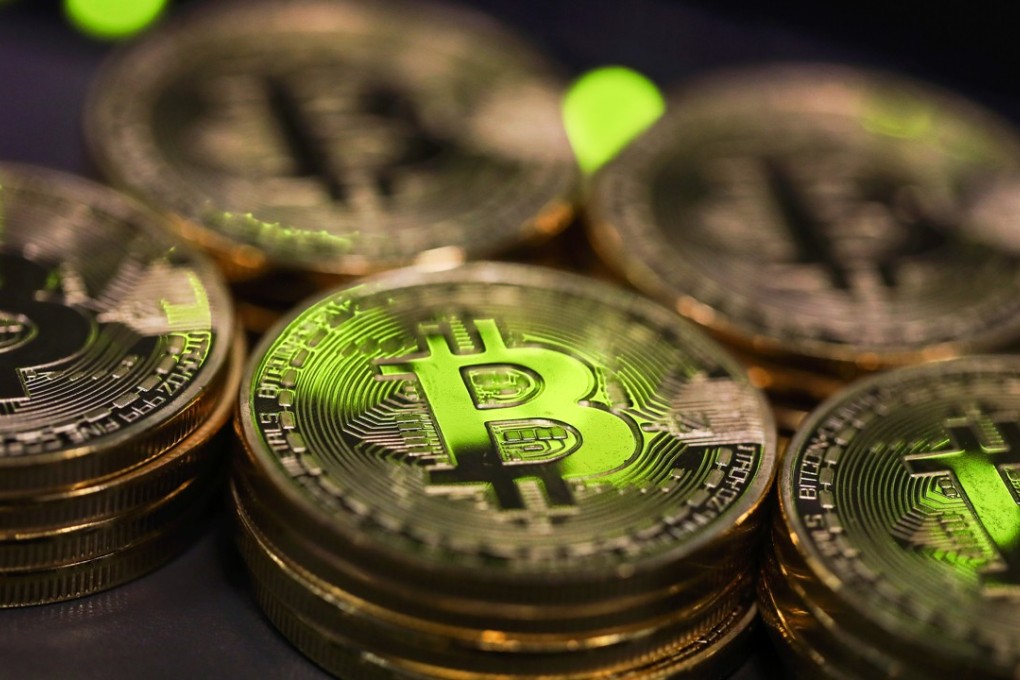Chinese investors fume over Beijing’s bitcoin crackdown
Cryptocurrency’s backers take a battering as central government orders stop on trading platforms

Beijing’s decision to shut down bitcoin trading platforms has left investors scrambling to cut their losses and threatens to deprive the cryptocurrency of a crucial market.
“The authorities don’t understand anything about bitcoin!” fumed Zhang Yanhua, founder of an investment fund that was dead on arrival after Beijing started tightening the screws.
In mid-September the central bank, the People’s Bank of China, told virtual currency trading platforms based in Beijing and Shanghai to cease market operations.
The bank has focused its sights not just on bitcoin but also ethereum and any other electronic units that are exchanged online without being regulated by any country.
They include two Chinese platforms, Okcoin and BTC China, which accounted for 22 per cent of the global volume of bitcoin at the end of August.
The bank’s warning shot has shaken world prices and put a damper on the active community of local investors.